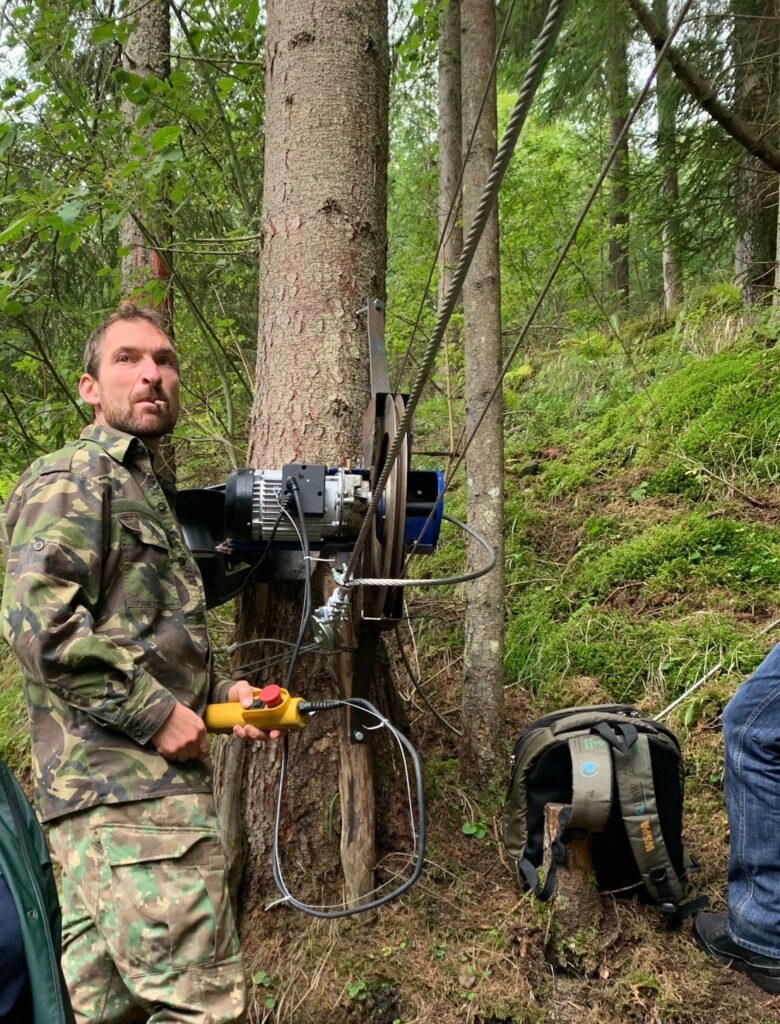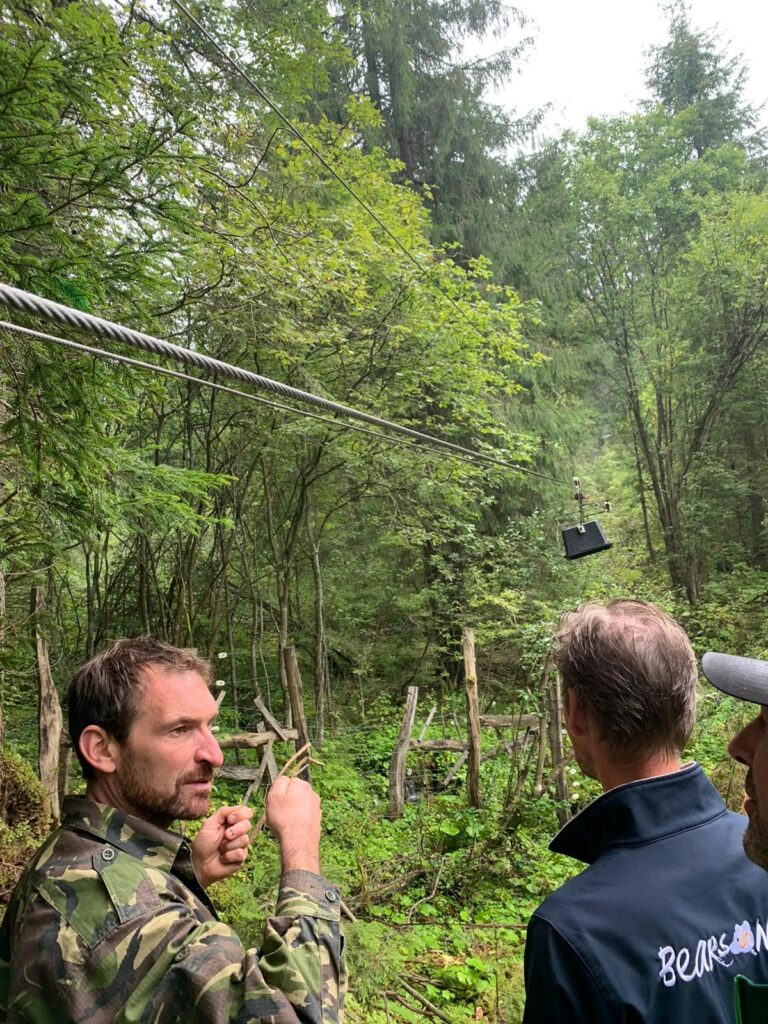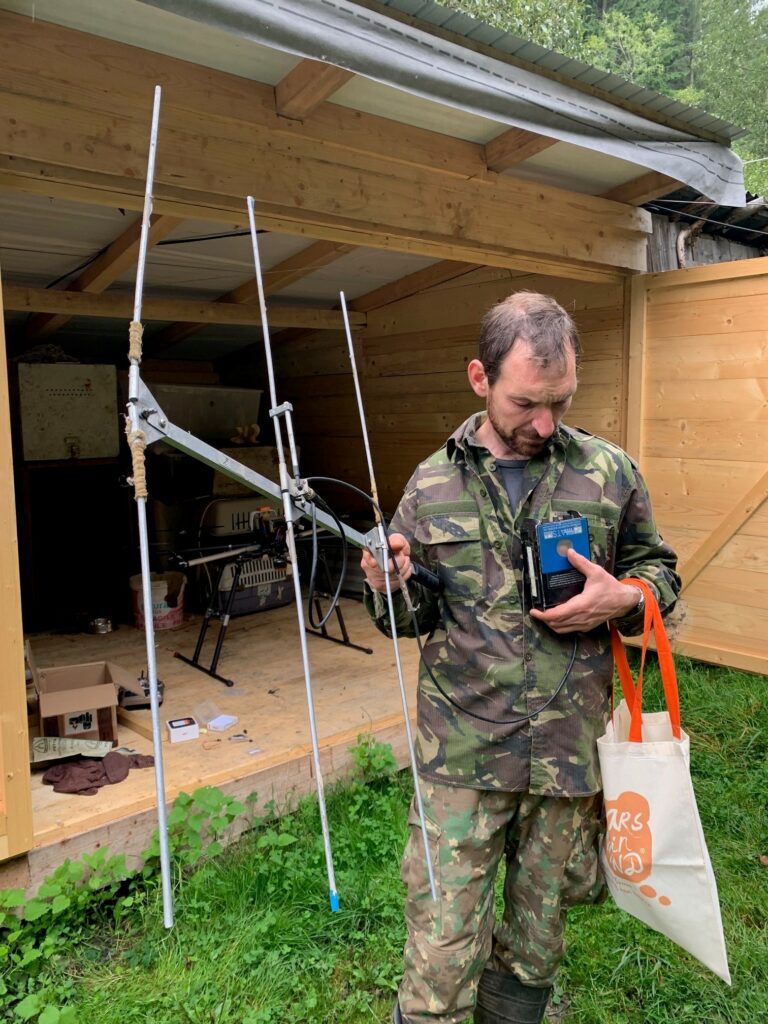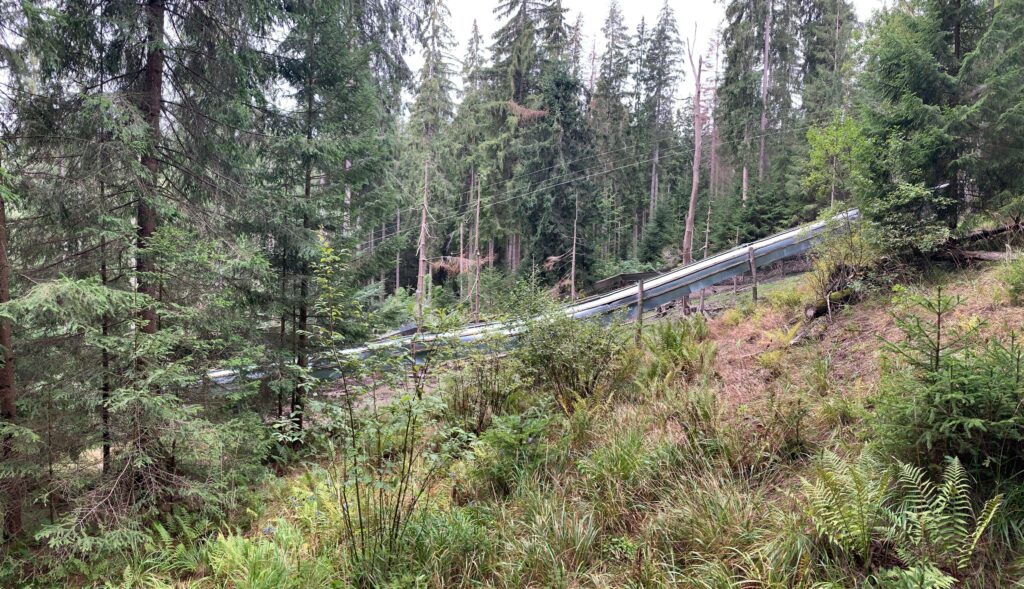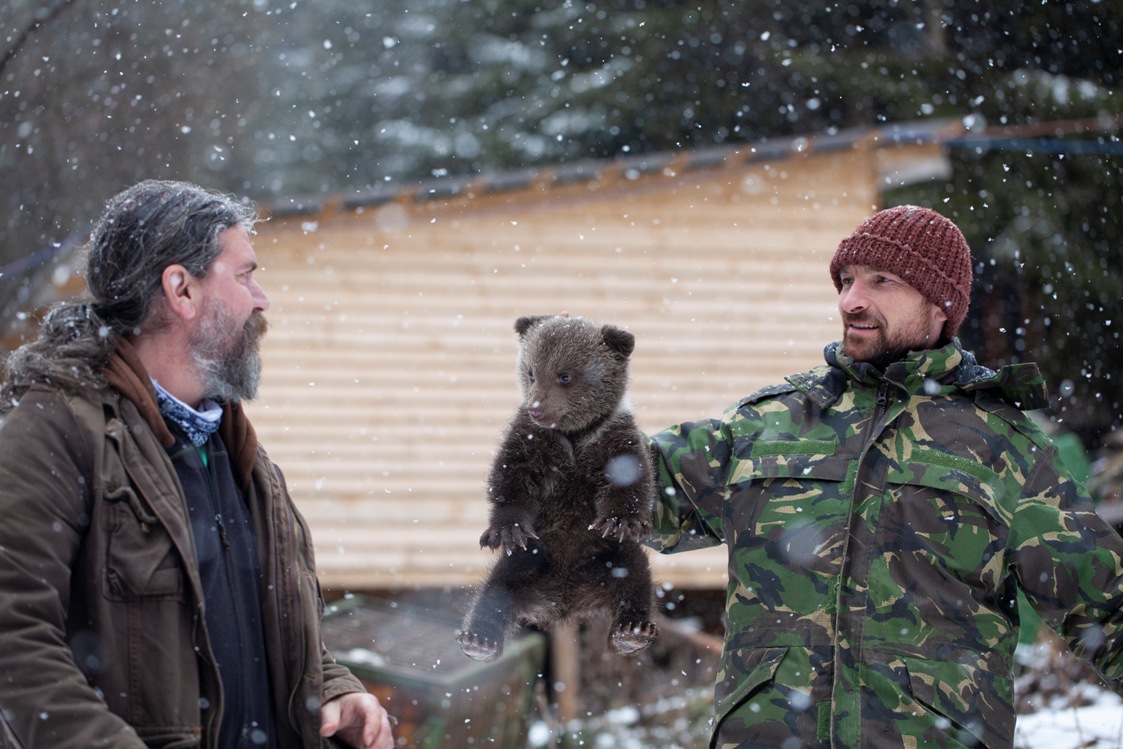There is much discussion about whether rehabilitated bears are likely to become problem bears. Therefore, data collected in this project is of paramount importance to this discussion. Of course we would prefer to be able to release orphaned bears in the wild again, rather than putting them in captivity for the rest of their lives. However, we must be absolutely certain that the rehabilitation process has no negative impact on their natural behaviour, increasing the chances of the released bear becoming a ‘problem bear’.
Between 2008 and 2013, a total of 19 bears have been equipped with GPS/GSM collars in order to assess the suitability of rehabilitated bears for reintroduction in the natural habitats. Ten of these bears were reared in the Romanian Rehabilitation Center (developed by Bear Again) and nine were wild caught individuals of two behavior categories: (1) wild behaving juveniles and (2) individuals with different degrees of habituation to anthropogenic food sources. The project revealed and proved that reintroduction of the rehabilitated bears into the wild is successful and without any threatening impact on the wild population. The survival rate of the rehabilitated tracked bears was around 50% (it is 55% considering all the rehabilitated bears). This is according with the survival rate of juvenile wild bears in the literature. One of the most important regulating factors can be considered the infanticide killing by adult male bears. An important threat is poaching.
Monitoring the bears and collar results is still ongoing.
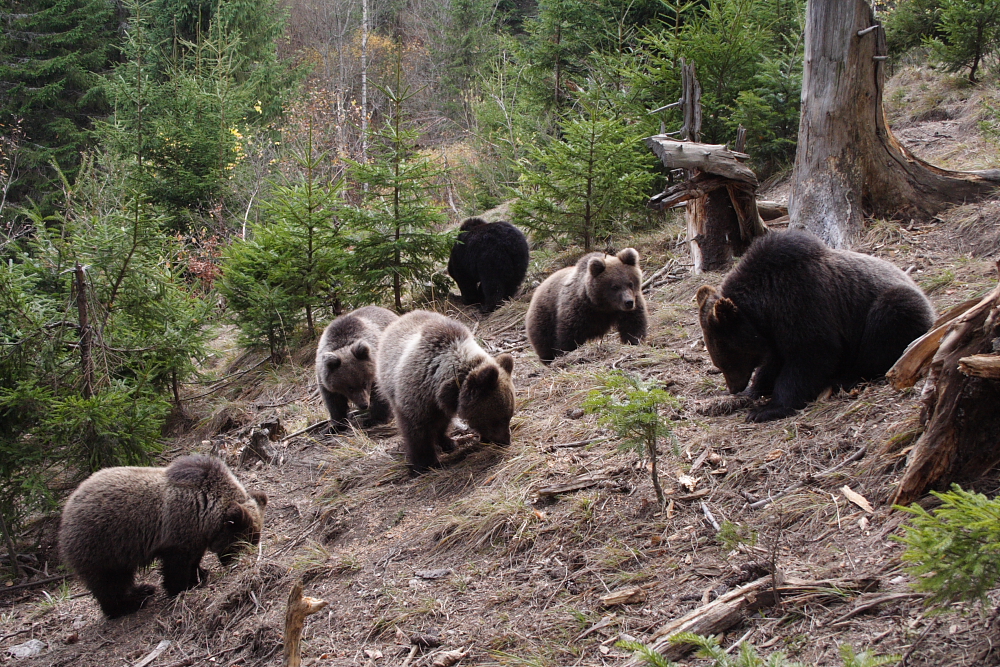
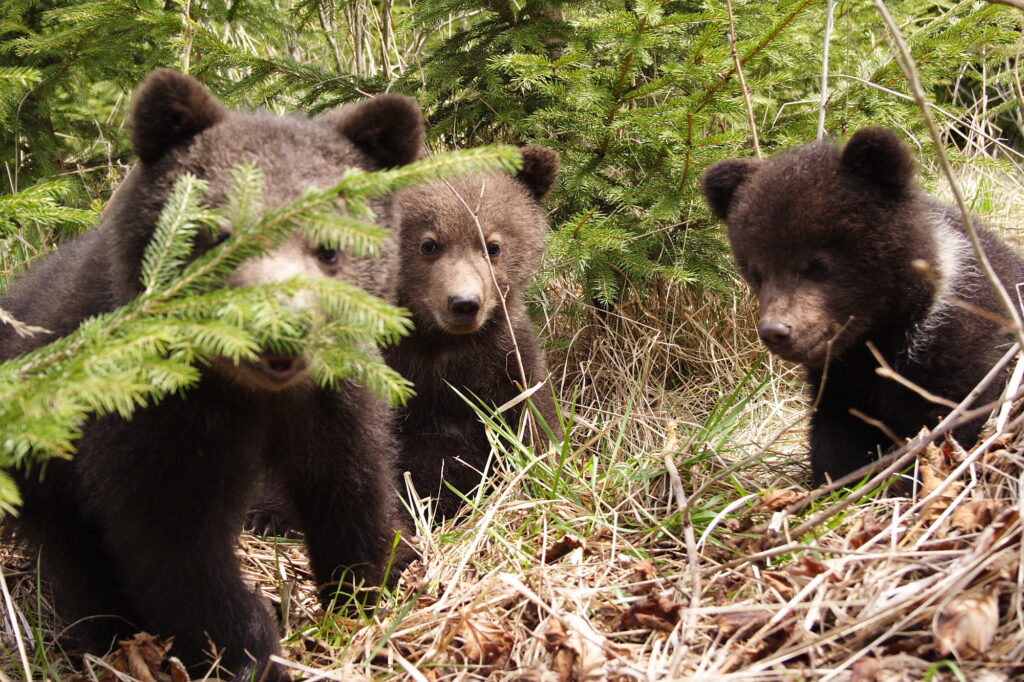
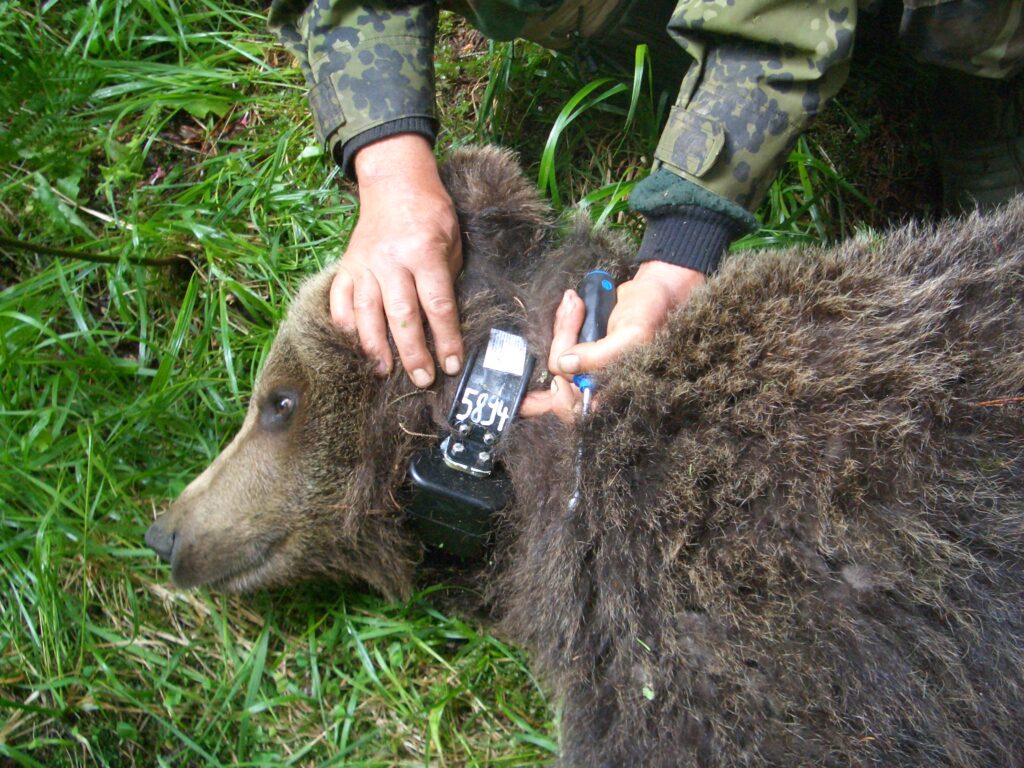
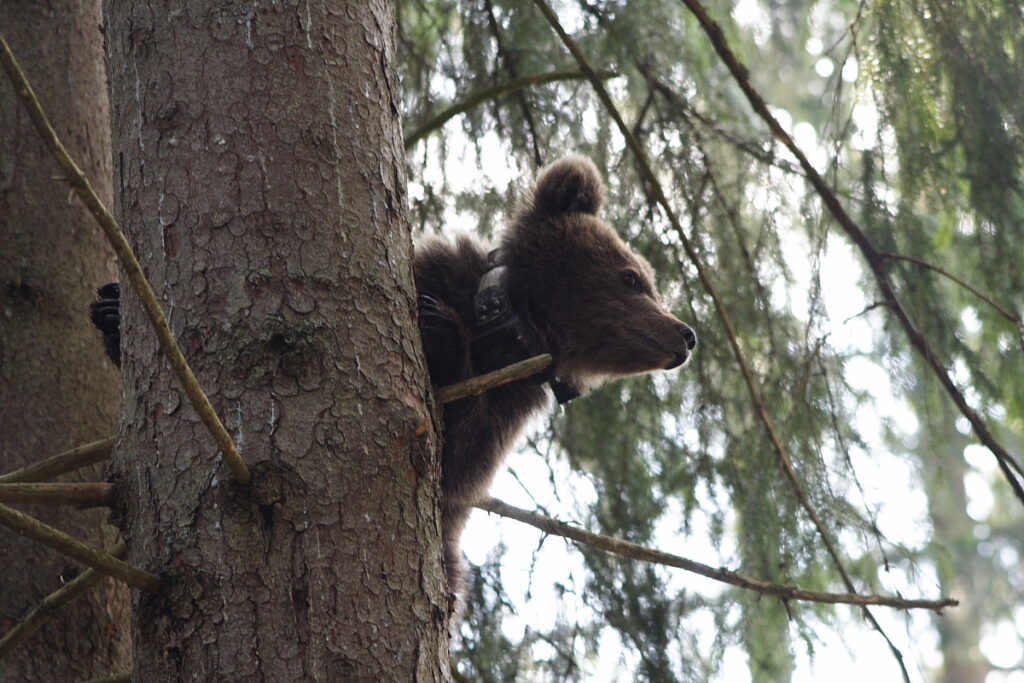
2020 onwards
One of the basics of the rehabilitation technique is keeping the cubs in a system of several enclosures that offer 100% natural habitat. In this environment, the bears can develop their inborn instincts during a 1 – 1,5 years of rehab period. The facilities are surrounded by electrical fences. The electrical fence on one hand keeps the young bears inside the facilities and keeps intruder adult male bears or other predators out. The main aim of the support offered by Bears in Mind to this project has been directed towards improvement of the total electrical system of the Rehab Centre in order to keep the cubs safe, improve data communication and decrease the risk of depredation by males from outside. Next to that, the development of several remote cableway feeding systems have been sponsored. This allows the team from Bear Again to get the food to the bear cubs without being noticed. This way, these bears won’t associate food with people, an important lession for their future!
